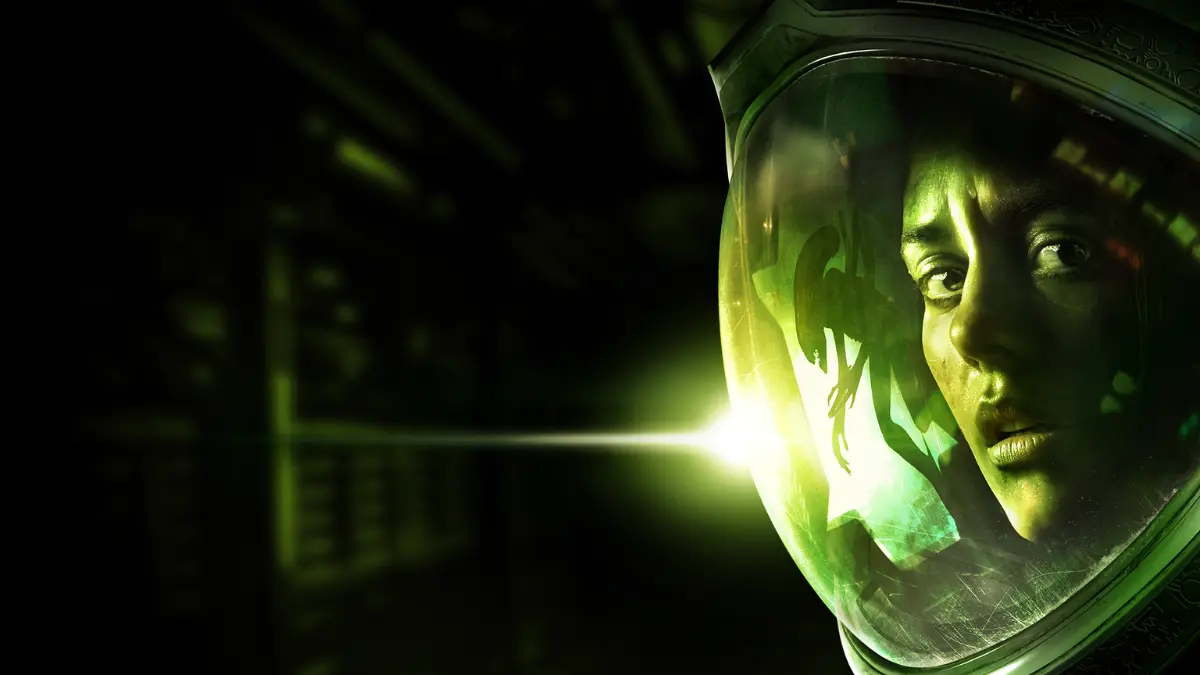Dion Lay from Creative Assembly’s Alien: Isolation has revealed that the 2014 horror game’s lengthy campaign exists partly because the Xenomorph wasn’t good enough at hunting players during early development.
During a recent interview with FRVR reflecting on the game more than a decade after release, the writer explained that early builds featured a less capable alien AI. The creature struggled to consistently find and pressure players during playtests. To maintain tension and create a satisfying experience with that weaker AI, the team kept adding more missions and extending sequences.
The problem came later. As development continued, the Xenomorph’s behavior systems matured significantly. The alien became more dynamic, reactive, and intimidating. But by that point, all the extra content designed to compensate for the earlier weak AI was already baked into the game.
The result was a final product that ran longer than ideal. The writer said that in hindsight, he would “shrink it down a bit” in a perfect world.
Alien: Isolation typically takes 15–20 hours to complete on a first playthrough. The game features multiple fake-out endings that traditionally signal the finale of a game, only to keep going. Players have long noted that the campaign builds to what feels like a climactic escape sequence roughly halfway through, then continues for another substantial chunk of time.
The game’s structure mixes pure Alien stalking sections with human combatants and Working Joe android encounters. Later portions introduce multiple Xenomorphs hunting simultaneously, which some players found exhausting rather than thrilling.
Creative Assembly built Alien: Isolation around a sophisticated two-layer AI system. A director AI suggests broad areas for the Xenomorph to investigate, while the creature’s individual senses drive moment-to-moment behavior. The alien responds to noise from footsteps, lockers, and gadgets, and it adapts to player habits over time. Use the flamethrower too often, and it becomes less effective as a deterrent.
This adaptive behavior made the alien genuinely unpredictable and terrifying in the final release. Combined with the extended campaign designed for a weaker version of that AI, the pacing could feel stretched.
When good AI goes long
The revelation highlights a common challenge in game development. AI systems often undergo significant iteration late in production. When an adversary becomes more competent, earlier content scoped to compensate can suddenly feel excessive. But making cuts that late is difficult when missions are fully built and integrated.
Despite pacing critiques, Alien: Isolation earned strong praise for its art direction, sound design, and the Xenomorph’s behavior. The game achieved cult status and maintained popularity through numerous ports to Switch, mobile, and subscription services. It remains widely regarded as one of the best licensed horror games ever made, with fans regularly calling for a sequel.

